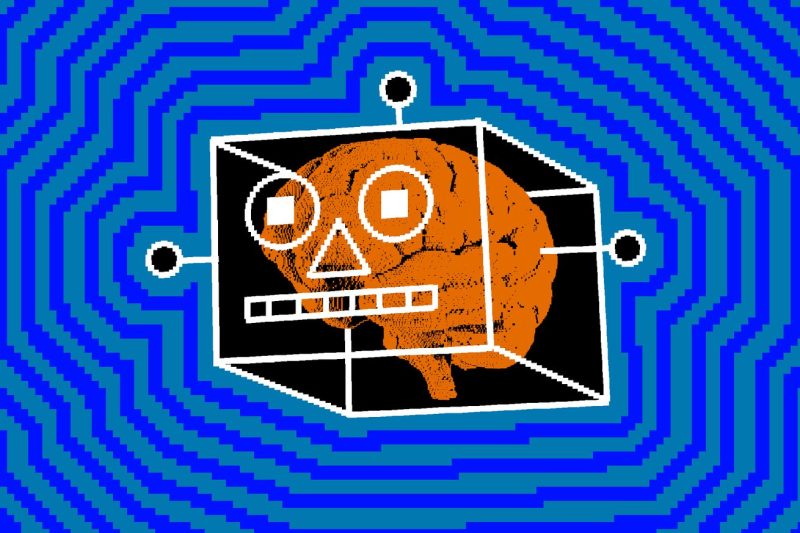In a world where technological advancements continue to reshape our daily lives, Google is reportedly at the forefront of developing a groundbreaking computer-using agent AI system that has the potential to revolutionize the way we interact with machines. This innovative technology could signify a significant leap forward in the field of artificial intelligence, enabling computers to perform complex tasks with unprecedented efficiency and intelligence.
At the core of this system is the concept of agent AI, which involves creating intelligent agents capable of learning, adapting, and making decisions autonomously. These agents function similarly to human agents, interpreting and executing commands based on their understanding of the environment. By harnessing the power of machine learning and neural networks, Google aims to equip these agents with the ability to comprehend and respond to natural language, mimicking human-like communication.
One of the key advantages of this computer-using agent AI system is its potential to enhance user experience and productivity in various applications. By enabling seamless interaction between users and computers, this technology could streamline complex tasks, automate routine processes, and provide personalized assistance tailored to individual needs. From managing schedules and organizing data to conducting research and executing commands, the possibilities are virtually limitless.
Moreover, the development of this system opens up new avenues for collaboration between humans and machines. By assigning specific tasks to intelligent agents, users can offload repetitive or time-consuming activities, allowing them to focus on more strategic and creative endeavors. This division of labor could lead to increased efficiency, reduced errors, and improved overall performance in a wide range of fields, from business and finance to healthcare and education.
Despite its promising potential, the computer-using agent AI system also raises important ethical and societal considerations that warrant careful reflection. As machines become more integrated into our daily lives, questions surrounding privacy, security, and accountability become increasingly pressing. It will be crucial for developers and policymakers to establish clear guidelines and safeguards to ensure the responsible and ethical deployment of this technology.
In conclusion, Google’s efforts to develop a computer-using agent AI system represent a significant milestone in the evolution of artificial intelligence. By combining cutting-edge technologies with a human-centered approach, this system has the power to fundamentally transform the way we interact with computers and unlock new possibilities for innovation and collaboration. As we embrace this era of intelligent agents, it is imperative that we approach these advancements with a thoughtful and proactive mindset, striving to harness the full potential of AI while upholding our values and principles as a society.
